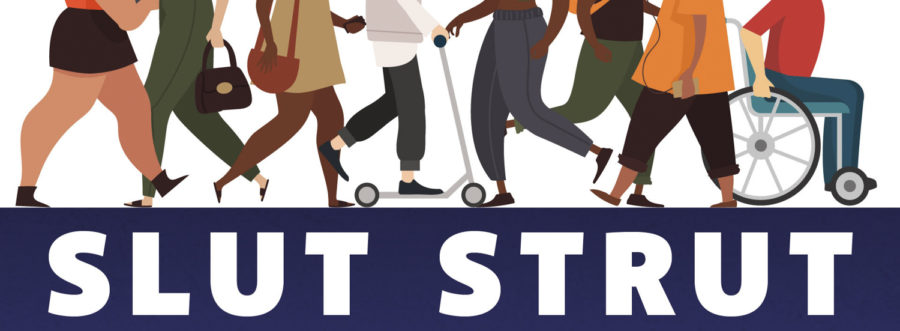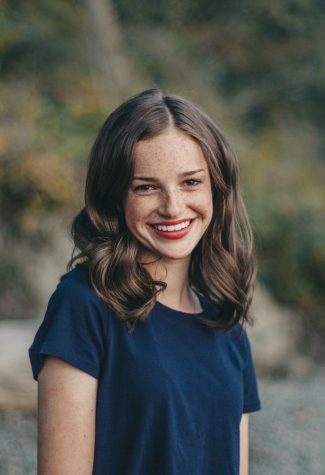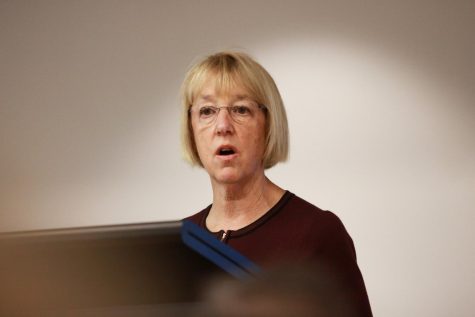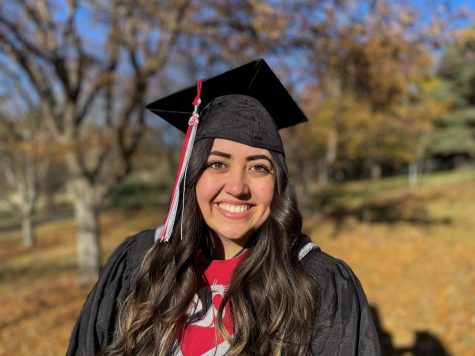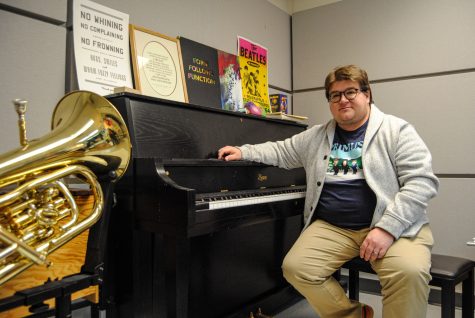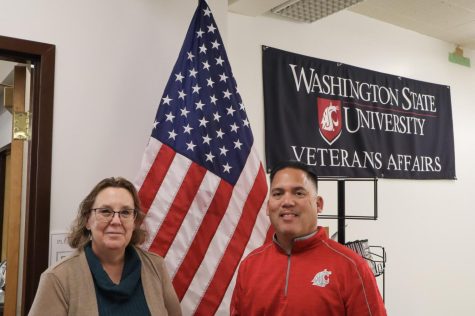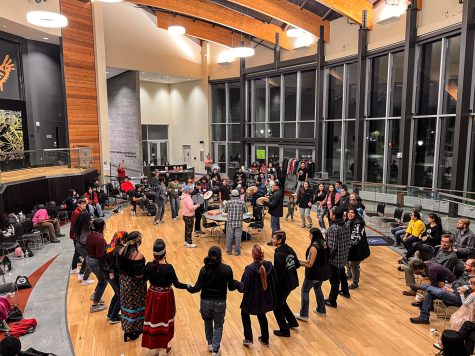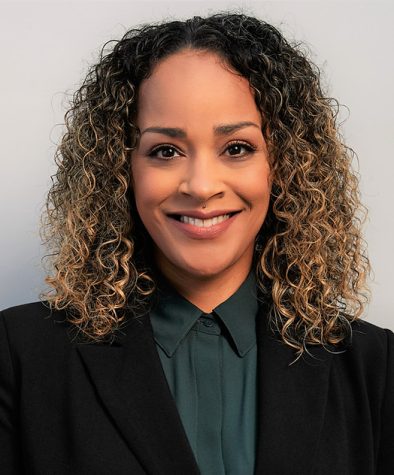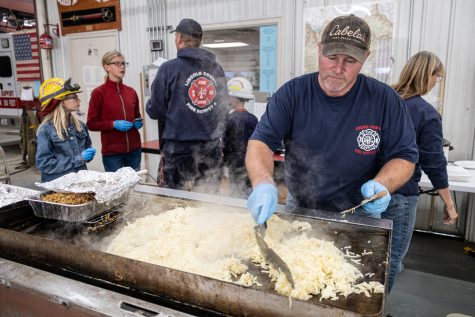Women*s Center creates programs for Sexual Assault Awareness Month
Main event held last week with Cougar Health Services
Last week, the Women*s Center hosted its primary event for SAAM called SLUT STRUT. It stands for Sexual Learning Ultimately Tailored for Students, Teachers, Residents, Uniting Today.
April 15, 2021
One WSU Women*s Center employee said Sexual Assault Awareness Month is a time for individuals to educate themselves about various issues pertaining to sexual assault and take action to help end sexual violence.
“This is essentially a time for us to come together and show our campus’ support and solidarity with survivors,” program coordinator Jackie Sedano said.
Last week, the center hosted its primary event for SAAM called SLUT STRUT. It stands for Sexual Learning Ultimately Tailored for Students, Teachers, Residents, Uniting Today. The event, hosted in conjunction with Cougar Health Services, was a week-long series of inclusive workshops, she said.
CHS student peer facilitators ran all the workshops. All workshops were held virtually because of COVID-19. Topics included online dating, virtual consent, genital piercings and anatomy, she said.
Individuals also participated in trauma-informed yoga sessions. Sedano said students could honor their bodies, find their breath and take care of themselves.
“That was really, really wonderful because, essentially, the yoga class wasn’t about doing as much as you could physically,” she said, “but basically just kind of joining this trauma-informed yoga instructor to create this gentle, nourishing and empowering yoga class.”
Sedano said there was also a reflection session where people discussed how various workshops related to SAAM. At the end of the week, the center provided a sexual health kit with safer sex supplies to attendees.
Right now, individuals on college campuses are isolated from each other and there is not a lot of information about available resources, said Acacia Patterson, community outreach student coordinator.
“Having this program is really important just to normalize these conversations,” she said, “show people that this isn’t okay and this is what you can do to protect yourself, keep yourself in good situations.”
In addition to SLUT STRUT, violence prevention coordinator Sajeenaa Jebanathan said another resource available to students is Talk about it Thursday. It is a weekly infographic posted on social media that covers stalking, elder abuse, mental health, binge eating or sexual assault statistics on and off campus.
Jebanathan started working as Violence Prevention coordinator last fall.
“As a survivor, I felt I really wanted to focus on this kind of topic,” she said. “That’s kind of my motivation to stay and work through this kind of position.”
To interact with more students and create sexual assault awareness programs, Jebanathan said Violence Prevention created a focus group of 20 students.
The group meets every other week to discuss which violence prevention topics they want to focus on, whether that be cyberbullying or sexual assault awareness, she said.
“There are a lot of programs that [the focus group] is currently working on,” Jebanathan said, “but essentially they just come with ideas and figure out how to execute it.”
Currently, the group is curating infographics about the process of reporting sexual assault. She said reporting can be difficult and confusing for some individuals.
“A lot of the resources a few of our focus groups members were given, they just didn’t help them,” Jebanathan said. “They figured they have more experience on this kind of a topic and so they thought they should talk more.”
The infographics include information about how the university deals with sexual assault lawsuits. She said they also cover different kinds of programs students would potentially have to go through if they report and what kind of information they would need to provide.
Jebanathan said non-students and individuals outside of WSU can also find valuable information on the infographics since some include the process of reporting sexual assault that occur in non-academic settings.
“It’s tough because the few resources that are online about how to go about doing the process, you just don’t know what you’re kind of getting into,” Jebanathan said. “A lot of students … they’re not sure what happens on the background if they ever come forward with their story.”
This week, Violence Prevention is interacting with people through Instagram to run a social media campaign about the importance of consent, she said.
Jebanathan said SAAM creates a safe environment and allows various organizations to come forward, highlight and discuss topics relating to sexual assault and various types of violence.
Making sure resources are accessible to students and educating individuals are high priorities, she said.

